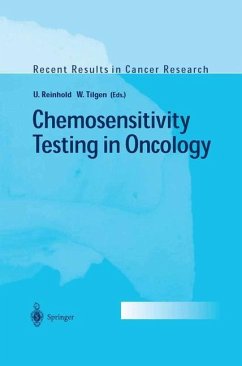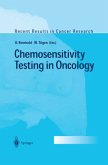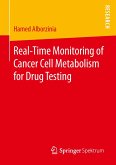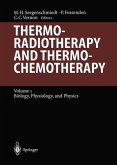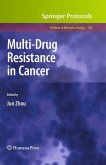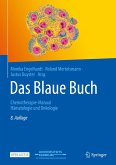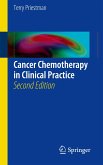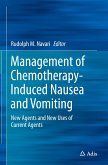Over the past 50 years many in vitro and in vivo drug response assay systems have been developed to determine the potential - tivity of chemotherapy agents. The idea was to eliminate ineffective agents and unnecessary toxic treatment while selecting drugs active in vitro or in the mouse model that might increase the probability of response in the patient. None of these test models, however, achieved routine clinical application in the past. This might be at least in part - lated to large discrepancies that were described between the s- cess rate of the assay systems and the clinical benefit in cancer - tients. The heterogeneity of chemosensitivity that exists between different tumors as well as between individual tumor lesions may be one explanation for these findings. Furthermore, different assay end points such as proliferation, metabolism, and vitality were - veloped to evaluate the effects of cytostatic drugs on tumor cells, and these might be related to the differing results. However, knowledge about procedures for assay-assisted treatment selection has increased rapidly within the past few years, and several studies suggest that test-directed chemotherapy selection now may - prove response rates and survival in various types of tumors. The International Society for Chemosensitivity Testing in - cology (ISCO) was founded to promote, coordinate, and improve clinical and laboratory research in the field of predictive drug te- ing in human tumor cells.
Hinweis: Dieser Artikel kann nur an eine deutsche Lieferadresse ausgeliefert werden.
Hinweis: Dieser Artikel kann nur an eine deutsche Lieferadresse ausgeliefert werden.

